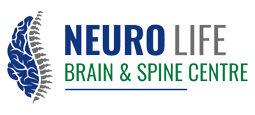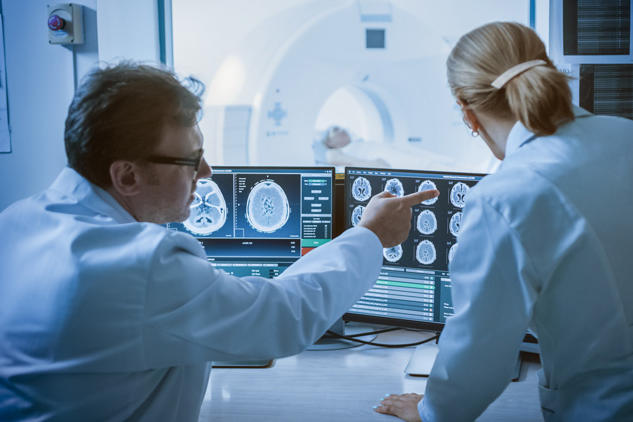![]()
Movement disorders cause increased and slow movement. They can affect actions you choose to make or cause uncontrolled movements. There are several movement disorders. Some of the most common include Parkinson’s disease, essential tremor, and restless leg syndrome.
What is the definition of movement disorder?
A movement disorder is an umbrella term for a range of illnesses marked by unusual or involuntary body motions. A person’s ability to carry out daily tasks may be severely hampered by these motions, which might be excessive, sluggish, or quick. Movement disorders can impact a person’s muscles, limbs and facial expression. Neurological dysfunction, trauma and other underlying medical disorders might cause these conditions. The best neurologist in Punjab will provide you with the treatment.
What are the types of movement disorders?
Numerous movement abnormalities exist. Among them are:
- Essential tremor: This condition results in uncontrollably shaking bodily parts. It typically affects your hands and arms but can also impact other body parts like your voice and brain.
- Huntington’s disease: This hereditary disorder affects the brain and results in chorea, or unsteady, involuntary motions of the hands, feet, and face. The symptoms worsen with time.
- Multiple system atrophy: Multiple system atrophy is an uncommon disorder that results in the degeneration of specific brain regions. Parkinsonism and ataxia could result from it.
- Parkinson’s disease: This brain ailment results in unintentional or uncontrollable movements as well as issues with balance and coordination. Cognitive deterioration is another effect of it.
- Periodic limb movement disorder: PLMD is characterized by repetitive limb movements that might interfere with sleep. Your lower extremities are typically used for limb movements, which include flexion of the ankle, knee, and hip, as well as the extension of the big toe.
- Progressive supranuclear palsy: It is an uncommon neurological condition that causes damage to specific brain regions. It impacts your swallowing, walking, thinking, and eye movement.
- Rett syndrome: Speech, deliberate hand use, and coordination are all impacted by this uncommon genetic disorder.
- Tardive dyskinesia: Long-term use of antipsychotic drugs can cause tardive dyskinesia. Involuntary facial tics may result from it. Moreover, it may result in erratic behaviors like lip-smacking.
- Tourette syndrome: Your brain and nerves are affected by this neurological condition. It produces jerky movements or noises, and it’s frequently accompanied by obsessive-compulsive disorder, anxiety, and ADHD.
- Wilson illness: When your body collects too much copper, particularly in your liver and brain, it can lead to Wilson disease, an uncommon genetic ailment. Tremors, tense muscles, and erratic movements can all result from it.
What are the plans for treating movement disorders?
There are different methods for treating the movement disorder.
- Medication: Several drugs can be used to treat movement disorder symptoms. For instance, spasticity can be treated using muscle relaxants. Drugs that increase dopamine may be able to treat restless legs syndrome and Parkinson’s disease.
- Physical therapy: Physical therapy aims to enhance your body’s ability to move. Physical therapists assist you in managing discomfort and painful symptoms that limit your range of motion.
- Occupational therapy: Occupational therapy enhances your capacity to carry out regular duties. An occupational therapist assists you in learning how to move, stand, sit, and utilize various aids to engage in your activities safely.
- Speech therapy: Speech therapy can help you swallow more easily and speak and communicate more clearly.
- Psychotherapy: Psychotherapy is a phrase used to describe a range of therapeutic approaches intended to assist you in recognizing and altering maladaptive feelings, ideas, and actions.
- Psychological problems: Anxiety and sadness are frequently associated with movement abnormalities. Therapy using psychoanalysis can be beneficial.
The Neuro Life Brain and Spine Surgery Center has the best doctor for the treatment. The best Neurosurgeon in Ludhiana are present at our hospital.



